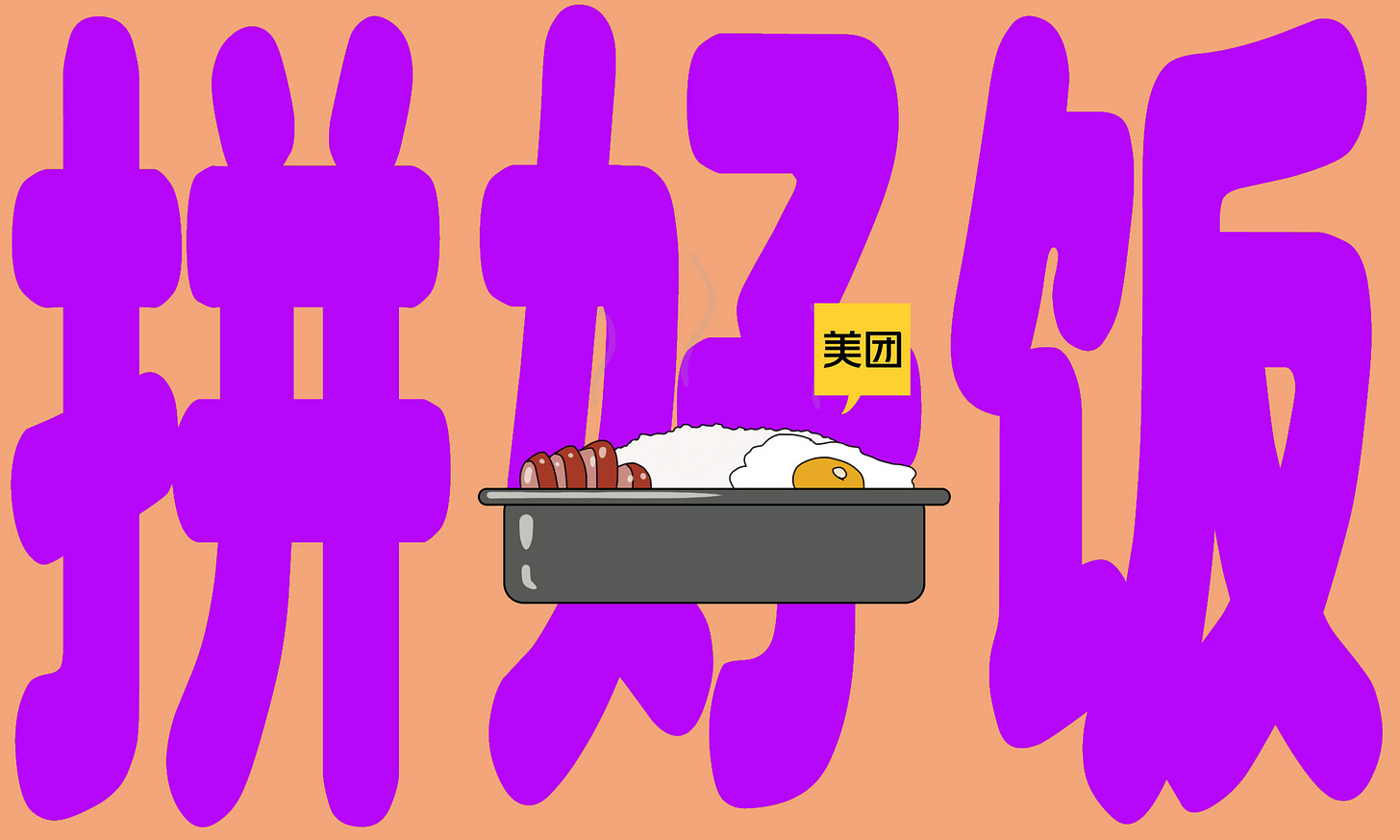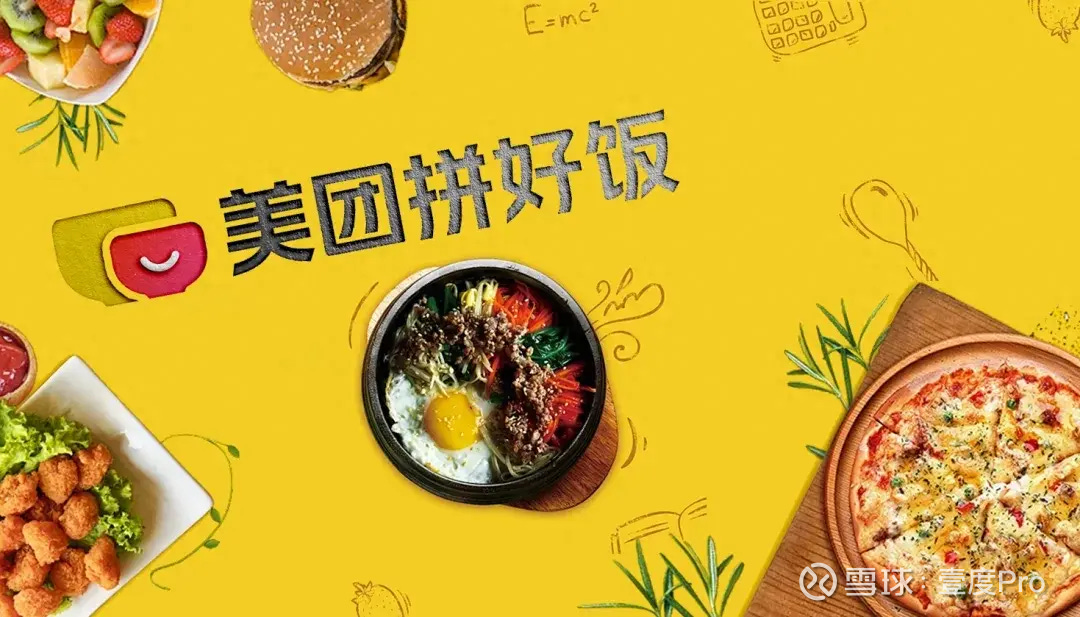Welcome to RealTime Mandarin—a multimedia resource to immerse you in the latest Chinese language trends, inspire you to practice and improve your Mandarin every week, and empower you to communicate with confidence.
Subscribe now to get the next issue straight to your inbox!
Cutting costs has become a priority for many in China, especially those living in its expensive first-tier cities.
For young people in these urban hubs, finding value when dining out has become a key trend.
As a result, high-end restaurants in major cities have been closing at an accelerated rate over the past year, while budget-friendly meal deals and promotions are surging. Affordable chain restaurants and drink shops, originally popular in second- and third-tier cities, are now expanding rapidly into tier-one markets with lower-priced options.
In the first half of 2024, among the four tier-one cities, only Shenzhen saw growth in restaurant revenue. Shanghai, traditionally a thriving hub for high-end trendy restaurants, suffered the worst decline at 3.6%, followed closely by Beijing, which saw a 3.5% drop.
A recent comment from Starbucks China’s CEO Wáng Jìng 王静 echos this trend:
In recent years, Starbucks' new stores in county-level markets have consistently outperformed those in first-tier cities in terms of profitability.
近几年,星巴克在县级市场的新店盈利能力一直优于一线城市。[1]
When it comes to eating out during work hours, research shows that most workers in first-tier cities normally budget around 30 yuan as an acceptable price for a meal.
But the higher cost of living in these cities is putting greater financial pressure on young people to cut costs further.
This is why a new kind of take-away service is becoming popular among strapped consumers:
Shopping only on Pinduoduo, drinking only Mixue Bingcheng’s lemon water, taking only fixed-price rides, and ordering only group take-out for meals.
购物只用拼多多,饮料只喝蜜雪冰城柠檬水,打车只坐一口价,吃饭只点拼好饭。
"Group take-out" (拼好饭) is a phrase which has gained popularity in China in recent months. It originates from a service launched in April last year by Meituan, the internet food and delivery giant, allowing customers to order take-out in groups.
For this new type of group buying, Meituan explains the formula as follows:
"Popular dish recommendations + group ordering + one delivery"
热门餐品推荐+拼单点餐+统一配送
"Group take-out" allows approved merchants to prepare meals in batches, with delivery drivers making multiple drops in a single trip as customers in the same area order the same meal. Delivery reportedly accounts for around 80% of Meituan's total costs, making this approach a game-changer, cutting prices by over 50% in some cases.
The well-established American fast-food chains are also seizing the opportunity, promoting what are called “meals for the poor” (穷鬼套餐), another new phrase which has become popular in recent months, which I first learned about in a recent RTM Pro discussion.
Some budget-conscious consumers even plan their whole week’s “meals for the poor” based on regular discounts by fast food chains:
Grabbing free McNuggets at McDonald's on Mondays; enjoying a buy-one-get-one-free deal at Tustin on Tuesdays;
Taking advantage of Domino's 30% discount on Wednesdays;
Joining in KFC's Crazy Thursday promotion on Thursdays;
Getting Burger King's half-price workday meal on Fridays;
And diving into group-buying flash sales at weekends. The comment sections are always filled with countless "poor person’s meal” strategies compiled by the enthusiasts.
周一麦当劳蹭免费麦乐鸡,周二享受塔斯汀买一送一,周三达美乐七折优惠,周四参加肯德基疯狂星期四活动,周五汉堡王买半价工作餐,周末团购秒杀随机选……翻看网络上总结的各种穷鬼套餐方法论,对应的留言区里总是推崇的声音不断。[2]
KFC’s “Crazy Thursday’s” (疯狂星期四) campaign was so successful that it became an internet slang in its own right, and one of our top phrases of 2022.
Economic pressures in China have led to consumers cutting their spending. Companies are adapting with low price strategies across industries, including food delivery.
With an average order price of 10–15 RMB, "group take-out" is positioned to meet consumer demand for affordability.
But, as always in China’s highly competitive, and often ruthless, consumer market, even when customers are cutting their budgets, and reducing their spend, companies see it as a marketing opportunity to drive sales, and potentially even rip customers off:
From "XX Assassin" to "XX Affordable Alternative" to "XX Budget Meal Set", it's clear that as young people's shopping habits shift, businesses are responding with tailored marketing strategies. What appears to be the arrival of a value-for-money era is, in reality, a new wave of promotional frenzy from merchants.
其实从“XX刺客”到“XX平替”再到“XX穷鬼套餐”,不难看出跟随年轻人的购物逻辑一同转变的,是商家对应推出的营销手段,但看似是性价比时代的到来,实则是商家的新一轮促销狂欢。[2]
We learned the term “assassin” (XX刺客) in 2022 when luxury ice-cream brands like Chicecream 钟薛高 began selling for 60 yuan during heatwave.
So far, Meituan’s bet seems to have paid off, and it is leading the way in driving this new kind of group buying.
According to analysis from CICC, in 2023, the number of Meituan "group take-out" orders exceeded 1.16 billion, accounting for about 6% of Meituan's total food delivery orders. This share is expected to grow to 8%-9% between 2024 and 2025.
But, will it last?
As we have seen in other sectors, a race to the bottom on price (卷价格) can have disastrous results, both in terms of employee welfare and working conditions, and food safety.
So, that’s what we’re exploring this week!
🎧 Podcast Preview: This week’s Member Podcast takes a deep dive into the nuances and distinctions between terms "group ordering" (拼单 pīn dān), "group buying" (团购 tuán gòu), and "order pooling" (凑单 còu dān). We also unpack the term "strategy" (套路 tào lù), exploring its often negative connotations and how to use it effectively in context. Tune in at the 7-minute mark for practical tips and insights you can start using right away!
Favourite Five
1. 拼好饭 pīn hǎo fàn
group take-out
外卖平台上有一项“拼好饭”功能,即和附近的2-4人一起拼单,价格诱人 - Food delivery platforms offer a "group take-out" feature where users can order together with 2-4 people nearby at enticing prices. [1]
More: Read more about this phrase in tomorrow's Sinica Phrase of the Week.
Related:
拼单 pīn dān - group ordering
团购 tuán gòu - group buying
2. 穷鬼套餐 qióng guǐ tào cān
"meal for the poor"; budget meal set
穷鬼套餐越来越多出现在人们的视野中 - "Budget meal sets" are becoming increasingly popular. [1]
3. 薄利多销 bó lì duō xiāo
low profit high volume
拼好饭能帮助一些商家在开店初期通过薄利多销打造名声 - The "group take-out" feature can help some businesses establish a reputation during their early days by adopting a low-profit-high-volume strategy. [3]
Related:
走量取胜 zǒu liàng qǔ shèng - winning through volume sales
4. 莫欺少年穷 mò qī shào nián qióng
don’t despise a young person for being poor
但莫欺少年穷,“拼好饭自由已经是我少有能负担得起的消费” - Don’t look down a young man for being poor; "being able to afford group take-out is one of the few luxuries I can still enjoy". [3]
Note: a shorter version of the full phrase, "Better to deceive an old person with white hair than to look down on a poor youngster" (宁欺白须公,莫欺少年穷).
More: We first discussed this when a young employee of internet giant, Tencent, took on their employer and became an internet sensation.
5. 一分钱一分货 yì fēn qián yì fēn huò
you get what you pay for
果然是一分钱一分货,本来以为是85元城市周边一日游,结果是坐一个小时大巴车,把人拉到山里听了4个小时的现场销售,还不许离席不许玩手机,就说这操作离谱不离谱吧 - Truly, you get what you pay for. I thought I paid 85 yuan for a one-day excursion, but it turned out to be an hour-long bus ride to the mountains for a four-hour sales pitch where you couldn't leave or use your phone. How ridiculous is that? [2]
Consuming the Conversation
Useful words
6. 牛马 niú mǎ
workhorse, overworked individuals or laborers
牛马们不再追求高端餐饮,于是网红餐厅难逃倒闭的命运 - As overworked individuals no longer pursue high-end dining, the closure of trendy restaurants has become inevitable. [1]
Related:
打工人 dǎ gōng rén - working individuals, laborers
More: A phrase which has become popular this year, for example, when a young doctor took her own life due to appalling working conditions.
7. 引流 yǐn liú
to attract traffic (customers or viewers)
商家面临的却是,用低价引流所带来的成本问题 - Merchants face the challenge of managing the costs associated with attracting traffic through low prices. [2]
8. 套路 tào lù
tricks, schemes
穷鬼的风,吹来的全是套路 - The trend of frugality is accompanied by schemes to rip customers off. [2]
More: We discuss more about this phrase in the Member Podcast!
9. 秒杀 miǎo shā
flash sale, to snap up
最近频繁刷到烤全羊秒杀套餐的钱怡,考虑再三过后还是被这个超低价给劝退了 - Recently, Qian Yi kept seeing flash sale deals for whole roasted lamb, but she was discouraged by the ultra-low price after much thought. [2]
Related:
秒杀价 miǎo shā jià - flash sale price
10. 背刺 bèi cì
betrayal, backstab
尽管“穷鬼套餐=性价比”已成共识,但在价格打下来的同时,背刺也在同步进行中 - While "budget meals = value for money" has become a consensus, merchants are using devious tricks masked by price reductions to shortchange customers. [2]
11. 平替 píng tì
affordable alternative
从“XX刺客”到“XX平替”再到“XX穷鬼套餐”,不难看出跟随年轻人的购物逻辑一同转变的,是商家对应推出的营销手段 - From "XX Assassin" to "XX Affordable Alternative" to "XX Budget Meal Set,", it's clear that as young people's shopping habits shift, businesses are responding with tailored marketing strategies.[2]
More: we discussed this last week in a different context of copycat acts trying to replace top internet celebrity, Li Ziqi.
Three-character phrases
12. 性价比 xìng jià bǐ
value for money
追求性价比才是当下一线城市白领的消费观 - Value for money drives the consumption behaviour of white-collar workers in first-tier cities. [1]
Related:
质价比 zhì jià bǐ - quality-to-price ratio
13. 不起眼 bù qǐ yǎn
unassuming, inconspicuous















